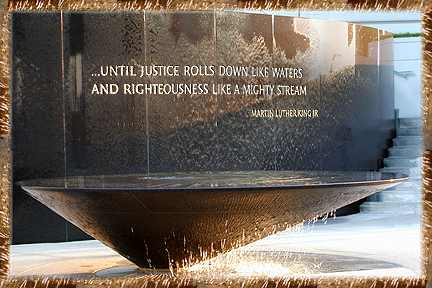Nearly 60 years ago, Pashe Keqi made the decision to live the rest of her life as a man. In a country rattled with wars and death, it was a practical solution to a family short on men. This tradition of taking an oath of celibacy, has been passed down orally among the clans of northern Albania for more than 500 years, as part of the strict code of conduct; the Kanun of Leke Dukagjini. In this code and society, a women's role is restricted to that of taking care of the family and home. A women's life was worth half that of a man. Women who spend their lives dressed as men are accepted in public life, even respected. The custom "was a way for these women in a male-dominated, segregated society to engage in public life," says Linda Gusia, a professor of gender studies at the University of Pristina in Kosovo. "It was about surviving in a world where men rule." Today, the tradition is dying out, and women have equal rights to men. They say the erosion of the traditional family in which everyone once lived under the same roof has altered women's position in society. Keqi says she would not choose to live as a man today with the modernization of Albania and it's social code. "Now, Albanian women have equal rights with men and even more powerful," says Keqi, "I think today it would be fun to be a women." With all our rights today, it is hard to imagine a place in the world where women are treated much below the worth of a man, but I suppose there are still places like that in the world. Women are often left out of the history books and have had few rights or roles in political life for the majority of human history. Before a women had a 'place' now she can make her place anywhere she wishes. She is not just beside her husband, she is herself and anyone she wants to be. The social standards are always slowly changing, I bet there will be considerable differences when I have children. But it is the nature of things to change and grow and expand; as we struggle to figure where all the time went.
Bilefsky, Dan. "Why Aunt Pashe Became an Uncle." New York Times Upfront 1 Dec. 2008: 9-11.
El Fin
16 years ago



No comments:
Post a Comment